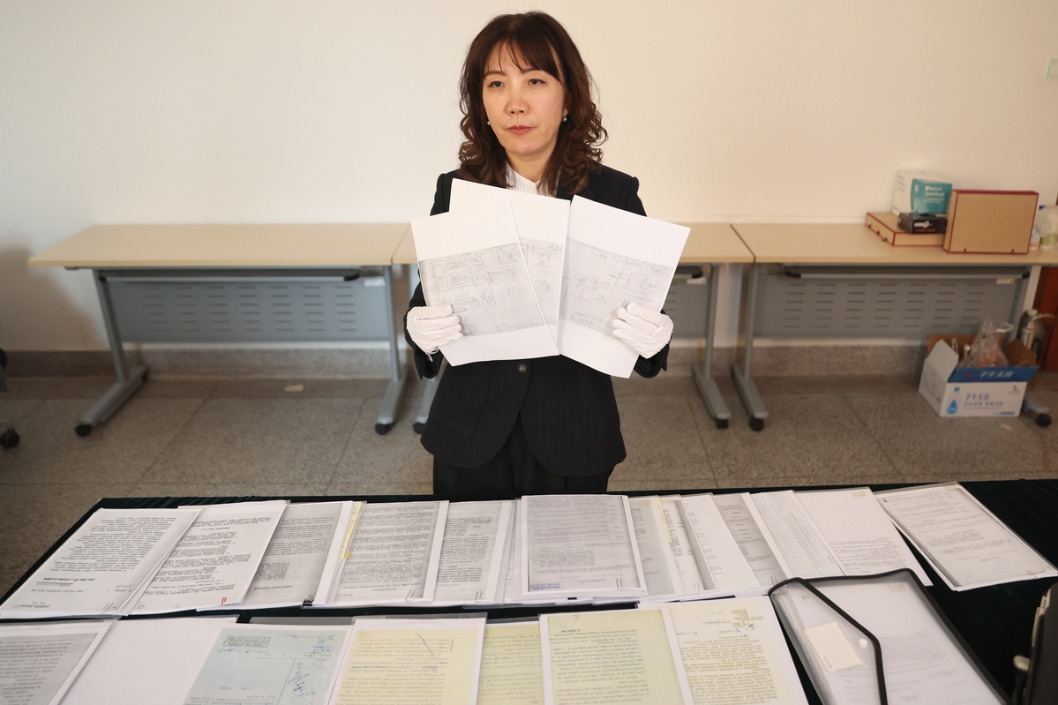Nurturing resilience


Greater crop diversity can help to combat climate-induced food insecurity
In an era marked by the increasing frequency and intensity of extreme weather events, the global community faces a daunting challenge: safeguarding food systems from the ravages of climate change. The impacts of these events on food security are profound, with far-reaching economic and social consequences. As we grapple with this urgent issue, it becomes imperative to explore comprehensive solutions that not only mitigate the effects but also pave the way for a resilient and sustainable future.
Extreme weather events, from prolonged droughts to severe storms and unpredictable shifts in precipitation patterns, pose a direct threat to our food systems. These events disrupt agricultural activities, leading to crop failures, reduced yields and compromised food quality. In addition to the immediate impacts on farmers and local communities, the ripple effect extends to global markets, contributing to price volatility and food shortages, as well as forced migration.
The economic toll of climate-induced food insecurity is staggering. Increased production costs, crop losses and market instability create a vicious cycle that traps vulnerable communities in a cycle of poverty. Moreover, the social costs are evident in the form of malnutrition, displacement and heightened competition for dwindling resources. Addressing these challenges requires a multi-faceted approach that embraces innovation, collaboration and a commitment to sustainable practices.
One crucial element in this strategy is the promotion of seed and crop diversity. Traditional farming practices often rely on a wide variety of crops adapted to local conditions. Unfortunately, modern agriculture has tended to prioritize a few high-yield varieties, leaving our food systems vulnerable to the impacts of climate change. Emphasizing the importance of seed diversity and encouraging farmers to adopt a broader range of crop varieties can enhance resilience to extreme weather events. The more growing diversity we have the greater our options to deal with the current and emerging food security challenges.
Seed and crop diversity offer numerous advantages in the face of climate uncertainty. Diverse crops exhibit varied resistance and tolerance to pests, diseases and climatic conditions. For example, while one crop variety may succumb to a particular pathogen, another may thrive, ensuring a more stable and secure food supply. Additionally, diverse crops contribute to ecosystem health by promoting biodiversity and reducing the reliance on chemical inputs.
China, as a global agricultural powerhouse, plays a pivotal role in addressing the challenges posed by climate-induced food insecurity. The country has recognized the importance of sustainable agricultural practices and is actively pursuing innovative solutions. Notably, China has invested heavily in research and development to enhance crop varieties that are resilient to extreme weather conditions.
One striking example of China's commitment to agricultural innovation is the development of stress-tolerant rice varieties that can withstand flooding, drought and saline conditions, ensuring a more reliable harvest in the face of unpredictable weather patterns. These efforts not only benefit Chinese farmers but also have the potential to inspire and inform similar initiatives globally. By facilitating knowledge exchange and resource sharing, China can contribute to building a more interconnected and resilient global food system, one that aligns with the spirit of cooperation and shared responsibility, embodied in the FAO International Treaty on Plant Genetic Resources for Food and Agriculture. Its implementation is key to achieving the goals set forth in the Kunming-Montreal Global Biodiversity Framework.
As nations gather for the 28th Conference of the Parties to the United Nations Framework Convention on Climate Change (COP28), the threat of climate-induced food insecurity demands urgent and collaborative action. Harnessing the potential of seed and crop diversity can fortify our agricultural systems against the impacts of extreme weather events, promoting sustainability and resilience. Through international cooperation, learning from each other and embracing diverse solutions, we can navigate the challenges of a changing climate and ensure a food-secure future for all.
The author is secretary of the International Treaty on Plant Genetic Resources for Food and Agriculture at the United Nations Food and Agriculture Organization. The author contributed this article to China Watch, a think tank powered by China Daily. The views do not necessarily reflect those of China Daily.
Contact the editor at editor@chinawatch.cn.


































